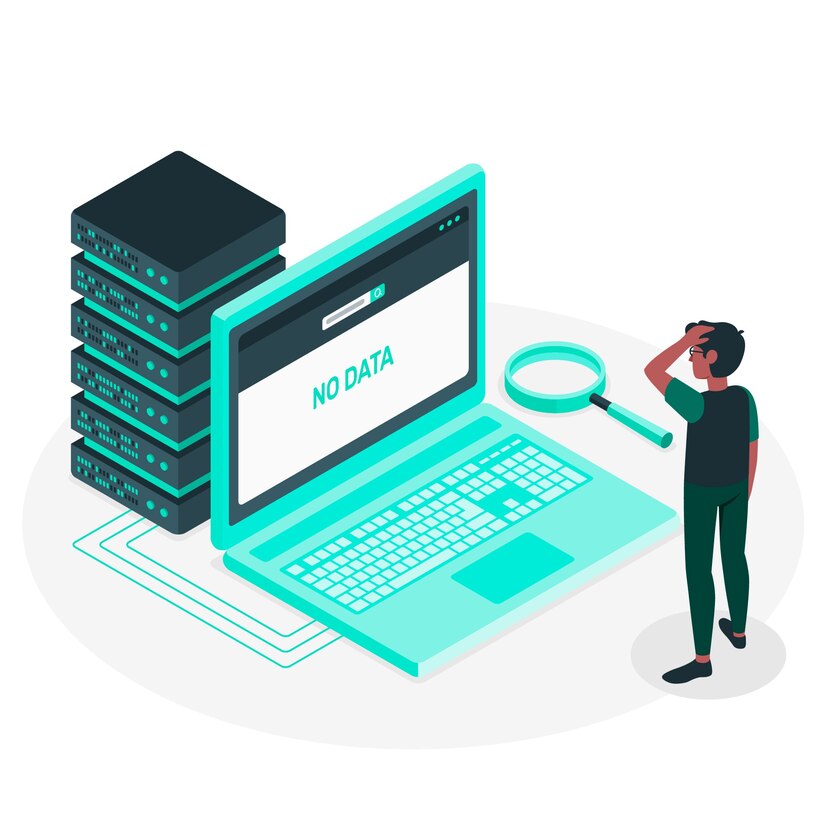What is Django Used for in Python? – Django is a Python web framework that makes it easier to develop secure, fast, and efficient web applications. Django is an MVT (Model-View-Template) architectural pattern-based framework and is designed for rapid development with high-quality and sustainable code. But What is Django Used for in Python? In this article, we will discuss its uses, advantages, and applications in real-world scenarios.

What is Django Used for in Python? – Django is used extensively due to its efficiency, scalability, and security. Some of the reasons why developers like Django include:
Django is primarily used to develop dynamic websites and web apps. Django’s in-built utilities handle routing, database, and user authentication very effectively.
Most eCommerce sites are built using Django because of its scalability and security. Shopify and Saleor, among other sites, utilize Django for fast performance shopping experiences.
Django REST Framework (DRF) facilitates easy development of RESTful APIs for mobile applications, IoT devices, and single-page applications.
Django works perfectly with Python libraries such as Scikit-learn and TensorFlow and is therefore perfect for AI-powered web applications.

Most social websites, such as Reddit and Instagram, utilize Django for dealing with millions of users and real-time content.
Some large companies employ Django for their websites, including:
Django is appropriate for:

What is Django Used for in Python? Django is a powerful framework used in web applications, APIs, AI integration, and traffic management. Its amazing features, security, and scalability make it a developer’s go-to-choice all over the world. As a beginner or an expert, learning Django paves the way for more chances in your web development career!